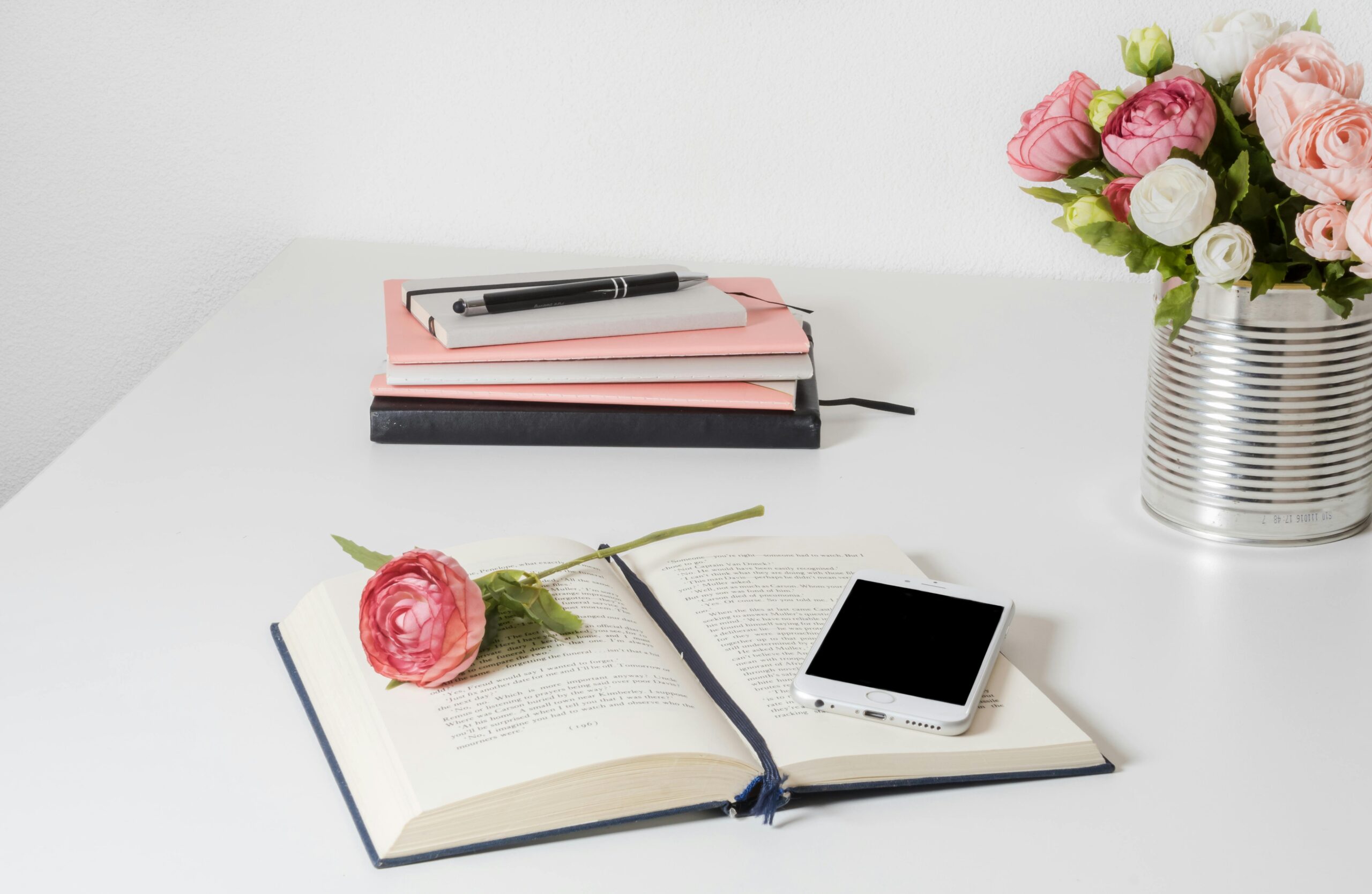Journaling as a Therapeutic Tool
Journaling is more than just recording thoughts on paper; it’s a profound exercise in self-expression that fosters emotional release and cultivates mindfulness. Anxiety often creates spiraling thoughts, making it challenging to maintain focus or achieve calm. Journaling offers a structured coping mechanism, allowing individuals to organize emotions and regain clarity.
One of the most effective aspects of journaling for anxiety relief is its ability to externalize internal struggles. By articulating your emotions in writing, you create distance, which helps to view them from a new perspective. This practice provides a secure environment where you can explore your feelings openly without the fear of judgment.
Key Benefits of Journaling for Anxiety Relief
1. Emotional Release
Anxiety frequently arises from suppressed emotions or unresolved conflicts. Journaling provides a healthy outlet to release these pent-up feelings, alleviating emotional tension. Putting worries and fears into words can significantly lighten mental burdens and bring a sense of relief.
2. Mindfulness and Present Moment Awareness
Journaling encourages mindfulness by anchoring you in the present moment. Reflecting on current feelings and experiences helps shift focus away from past regrets or future uncertainties, which are common triggers for anxiety. This mindful engagement fosters calmness and a sense of control.
3. Clarity and Problem-Solving
Anxiety often clouds judgment, complicating decision-making and problem-solving. Journaling organizes thoughts, reveals patterns, and facilitates solutions. By seeing your concerns laid out in writing, you can approach them with logic and objectivity.
4. Tracking Triggers and Progress
Regular journaling allows you to identify anxiety triggers and track your emotional responses over time. Documenting experiences, reactions, and outcomes helps uncover patterns and inform coping strategies. Additionally, noting progress reinforces self-confidence and supports positive change.
5. Enhanced Self-Awareness
Self-awareness is fundamental to managing anxiety effectively. Journaling deepens introspection, helping you understand emotional and behavioral patterns. This insight empowers healthier decisions and strengthens your overall mental well-being.
6. Promotes Personal Growth
Beyond immediate relief, journaling fosters long-term personal development. Reviewing entries allows you to celebrate victories, learn from setbacks, and build resilience. It’s a journey of self-discovery that enriches mental health and supports holistic growth.
Getting Started with Journaling
New to journaling? Don’t worry—there’s no right or wrong way to begin. The key is creating a practice that’s enjoyable and consistent. Here are some tips to help:
1. Choose Your Medium
Decide on your preferred format: a physical notebook, a digital app, or even voice journaling. Select the option that feels most accessible and comfortable for you.
2. Create a Routine
Designate a specific time each day for journaling. Whether it’s in the morning to set intentions or at night to reflect, consistency is crucial for building the habit.
3. Start Small
Don’t feel pressured to write extensive entries. Even a few sentences can be meaningful and therapeutic.
4. Be Honest
Your journal is your private space, so write authentically. Allow your thoughts to flow without filtering or editing.
5. Experiment with Styles
Explore various journaling techniques, such as free writing, gratitude journaling, or using guided prompts, to discover what resonates most with you.
Writing Prompts for Anxiety Relief
If you’re unsure how to begin, prompts can provide inspiration and direction. Here are some ideas to get started:
- What is causing my anxiety today? Can I identify its root cause?
- What are three things I’m grateful for right now?
- How does my body feel in this moment? Are there areas of tension I can relax?
- What is one actionable step I can take to address my worries?
- What memories bring me comfort and joy?
- If I could offer advice to my anxious self, what would I say?
- What does a perfect, stress-free day look like to me?
- Who or what provides me the most support during challenging times?
- What positive affirmations can I focus on today?
- How have I successfully managed anxious moments in the past?
Overcoming Barriers to Journaling
While the benefits of journaling are numerous, some individuals may face challenges in starting or maintaining the habit. Common barriers include limited time, fear of judgment, or uncertainty about what to write. Here are strategies to address these obstacles:
1. Make It Manageable
Dedicate just 5-10 minutes per day to journaling. Short, consistent sessions are more sustainable than sporadic longer ones.
2. Keep It Private
Remind yourself that your journal is for your eyes only. This assurance can make it easier to express yourself honestly.
3. Let Go of Perfection
Your writing doesn’t need to be polished or eloquent. Focus on capturing your thoughts and feelings, not on creating a flawless piece.
4. Use Prompts
Guided prompts can reduce uncertainty and provide structure, making the process less intimidating.
Incorporating Mindfulness and Personal Growth
To amplify the benefits of journaling, pair it with mindfulness practices. For instance, take a few deep breaths before writing, or use journaling as a reflective exercise following meditation. Over time, this integration can enhance self-awareness and foster a deeper connection with your inner self.
Final Thoughts
Journaling is a versatile and empowering tool for anxiety relief that offers profound mental health benefits. By creating a space for self-expression, emotional release, and thoughtful reflection, journaling can help you better manage anxiety while fostering personal growth. Whether you’re jotting down a few sentences or delving into comprehensive reflections, this practice has the potential to transform how you navigate anxiety and life’s challenges.
If you haven’t started journaling yet, now is an excellent time to begin. Grab a notebook or open a blank document, and allow your thoughts to flow freely. Remember, each entry is a step toward healing and self-discovery. Happy journaling!




